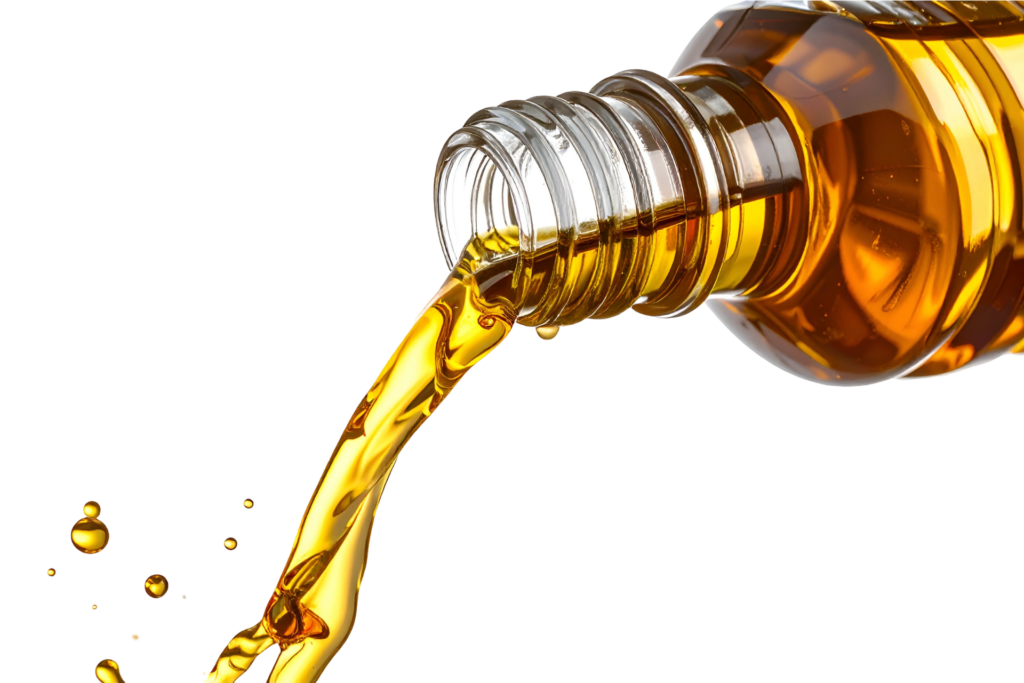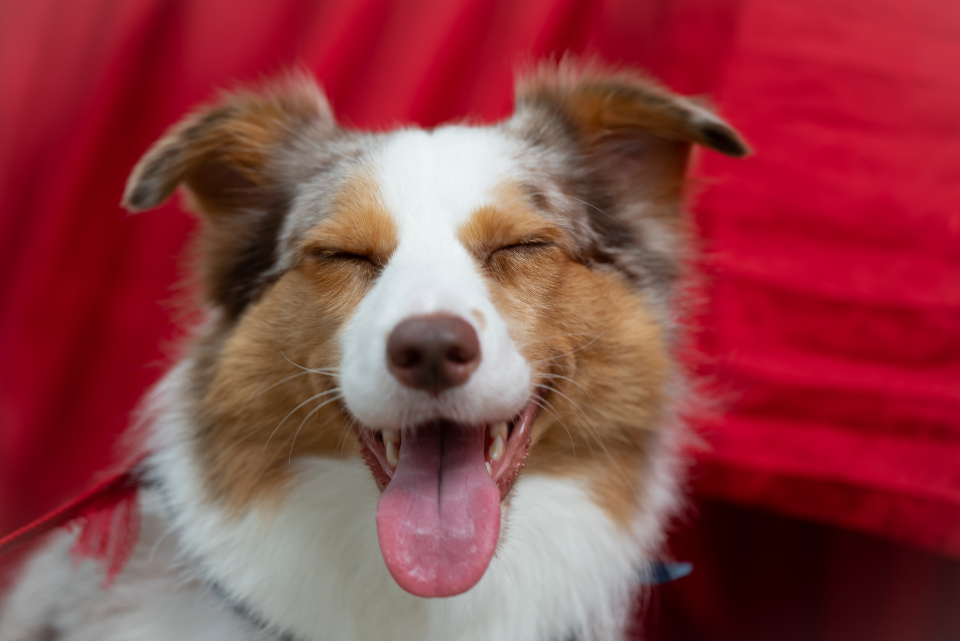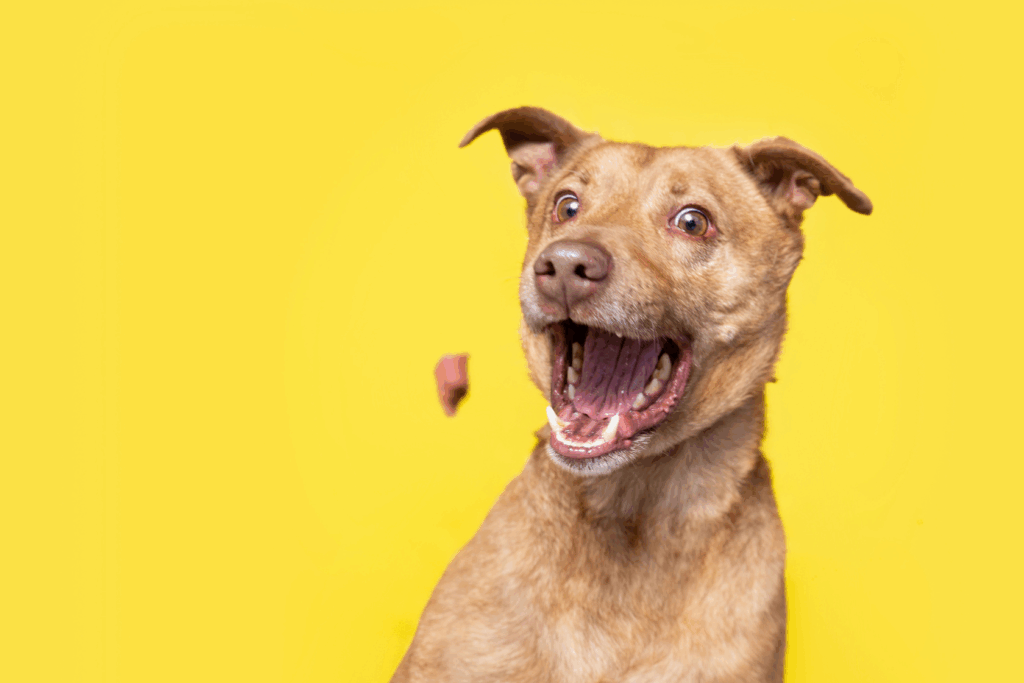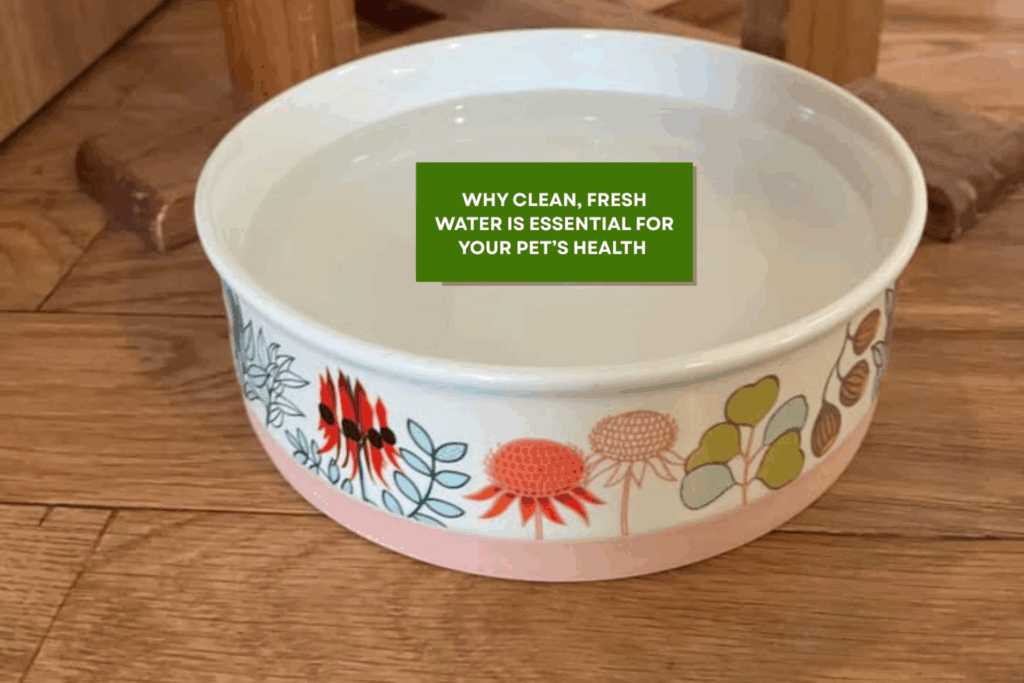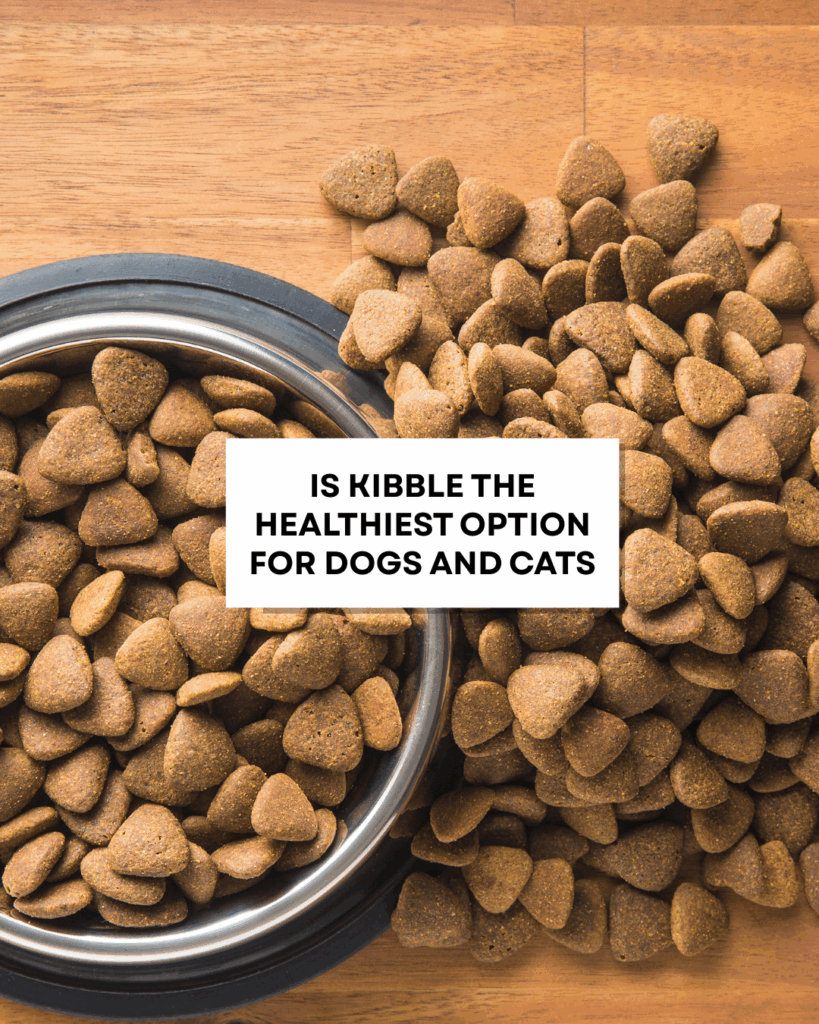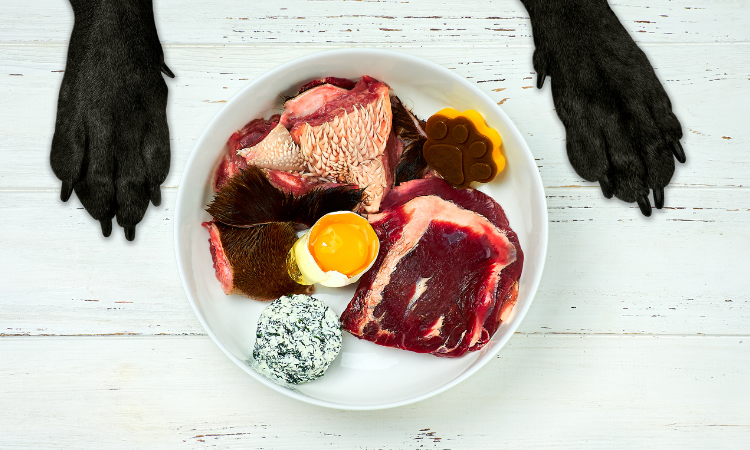Not All Oils do the Same Thing for Pets 💚
23 February, 2026
Fats and oils play a vital role in animal health, supporting skin, joints, hormones, immunity and nervous system function. But not all oils are equal and not all pets are getting the essential fats they need, even when their diet appears “complete”. Understanding where oils come from, how they’re processed and how they’re used in the body can make a meaningful difference to your pet’s long-term wellbeing. The issue with Processed Pet Foods Many commercial pet foods are exposed to high heat during processing, particularly extrusion and rendering. Heat can – While fats may still be present on the label,…

